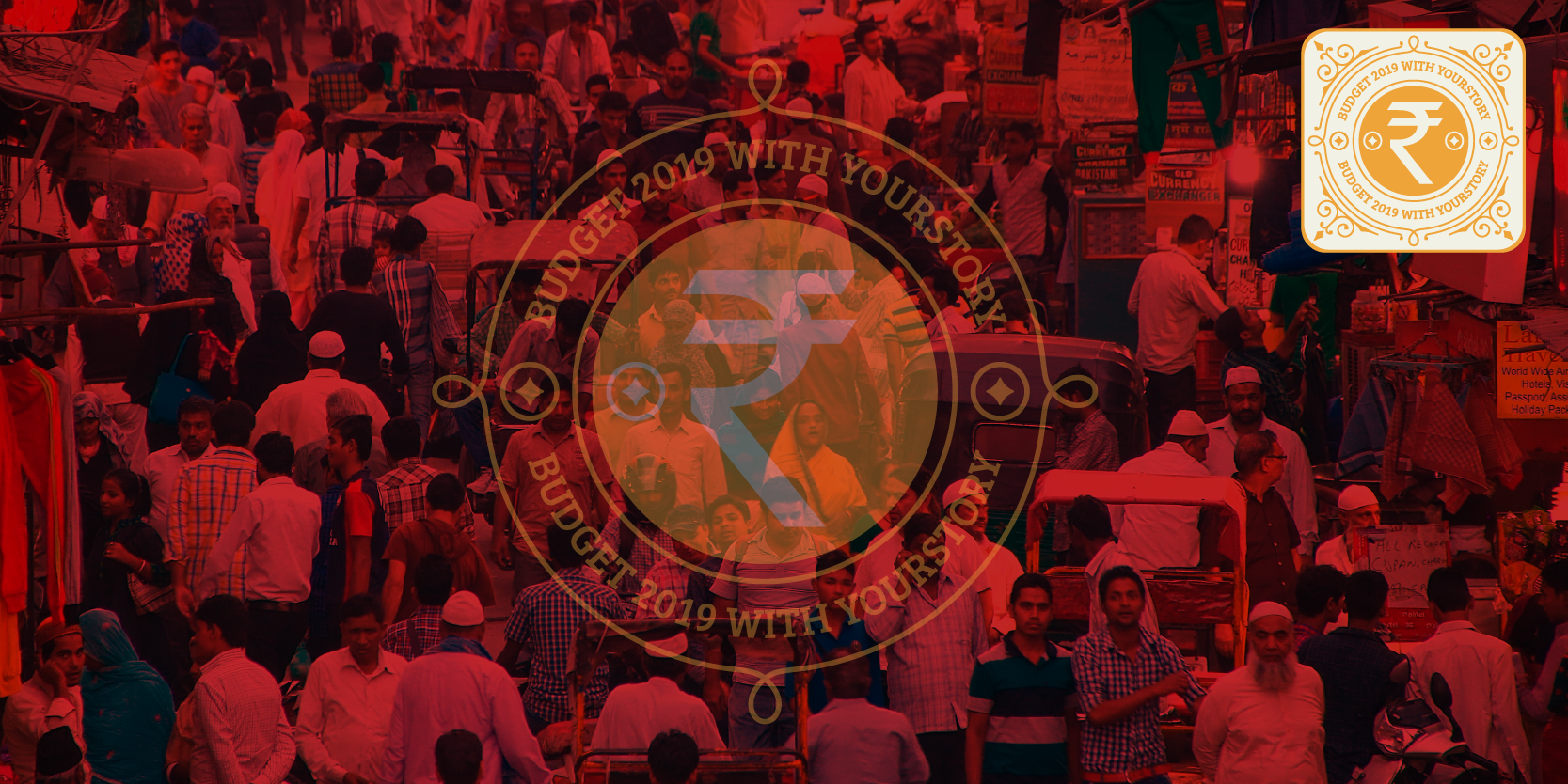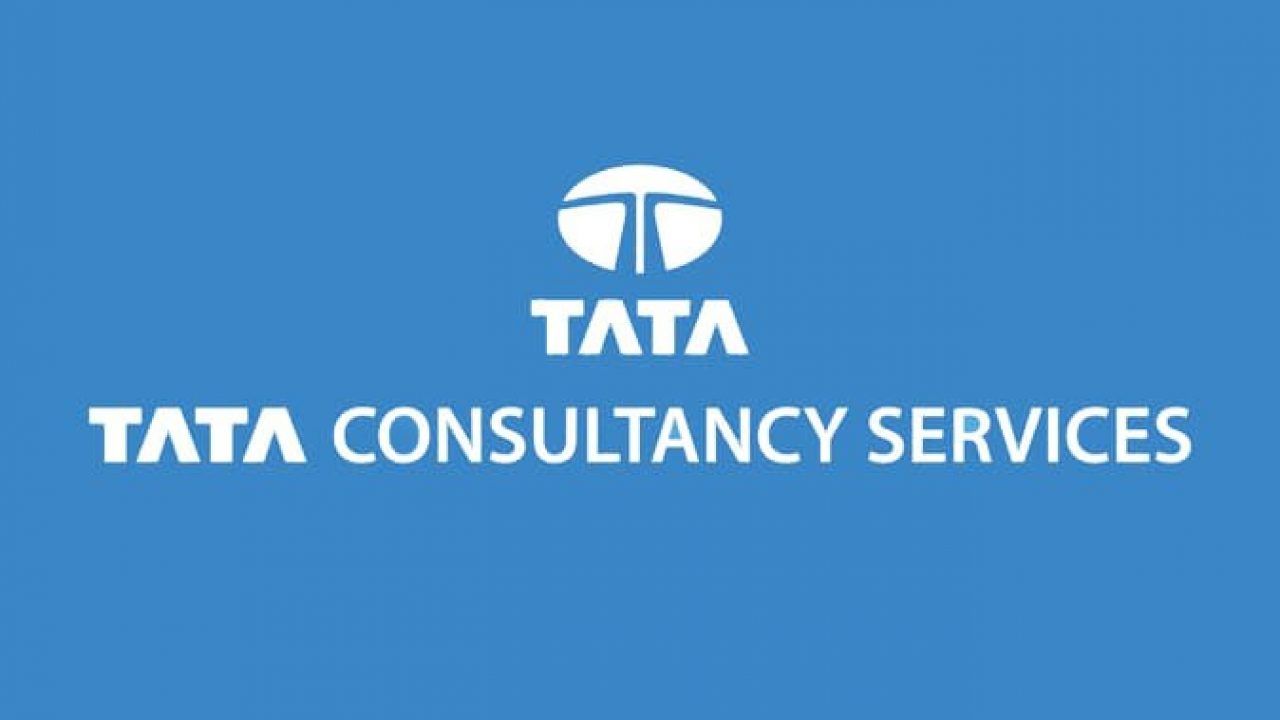Budget 2019: Government lays down the path for turning India into a $5T economy by 2024
Finance Minister Nirmala Sitharaman struck the right chord in her maiden Budget presentation, with an all-round development vision for India’s future.
The Union Budget for 2019-2020 was a path breaker for many reasons - with India’s first full-time woman Finance Minister Nirmala Sitharaman discarding the signature leather briefcase in favour of a “bahi-khata” (a ledger). But, most importantly, it has laid down a vision for the country in the years to come.
“The Indian economy will grow to become a $3 trillion economy in the current year. It is now the sixth-largest in the world. Five years ago, it was at the 11th position. In Purchasing Power Parity terms, we are, in fact, the third-largest economy already, only next to China and the US,” said Nirmala Sitharaman in her maiden Budget speech.
The Economic Survey of 2018-19 presented the blueprint to turn the country into a $5 trillion economy by 2024-25. If this target is achieved, it would be a creditable achievement, considering the nation was the size of $1.85 trillion in 2014.

The first Union Budget of the Prime Minister Narendra Modi’s second term touched all aspects of the economy, from fiscal health, creation of infrastructure, meeting the needs of the common citizens, education, environmentally sustainable policies, and making India an attractive destination for overseas investments.
If connectivity acts as the crucial glue that will ensure an all-round development across the country, then Sitharaman did not disappoint. She said, “To take connectivity infrastructure to the next level, we will build on the successful model in ensuring power connectivity – One Nation, One Grid – that has ensured power availability to States at affordable rates. I propose to make available a blueprint this year for developing gas grids, water grids, i-ways, and regional airports.”
The Union Budget has clearly set out the plan of creating a blue economy, which will focus on all these sectors.
The startup ecosystem received the well-deserved praise from the Finance Minister. These were not just empty words as the dreaded Angel Tax was put to rest for the segment. Sitharaman was very clear that startups and investors will not come under the purview of Angel Tax and adequate safeguards are being ensured that there is no repeat of the past.
Avnish Sabharwal, Managing Director – Accenture Ventures and Open Innovation, India and Middle-East, said, “The Union Budget 2019 has promised a major boost to the startup ecosystem in India. The proposed Angel Tax simplification is an encouraging move. We believe Indian startups will be able to raise a higher amount of risk capital from investors, and e-verification will lead to a higher number of angel investors funding in Indian startups. We will also see a higher number of startups operating in India, registering themselves in the country, instead of abroad. These steps will surely enhance India’s ranking on the Ease of Doing Business Index and the Global Innovation Index.”
One of the key differentiating factors of the Budget was that there wasn’t a slew of proposals on the taxation front - either in the form of new taxes or reduction of existing rates. Except that the those in the high-income bracket of Rs 1 crore and above will have to pay a little more tax.
Although, prices of diesel and petrol will be marginally higher with a cess of one rupee, there was no other reason to worry.
Industry body Nasscom, in its reaction to the Union Budget, said, ““The Budget presented today sets the right vision for the envisioned road map to achieve the $5 trillion economy goal. However, it needs to provide the next steps in details for the realisation of the vision. One of the key asks from Nasscom was towards building skills for new-age technologies, which we believe is critical for our success in the Digital Era. The government’s intent to enhance digital skills is a huge step in a positive direction. We applaud the government for recognising this as the need of the hour, and committing to train 10 million young professionals in emerging fields like artificial intelligence, internet-of-things, big data, robotics, and 3D printing.”
(Edited by Saheli Sen Gupta)









![[Funding alert] Gurugram-based Virohan receives grants from Wadhwani Foundation, ACT Grants](https://images.yourstory.com/cs/2/b094ec506da611eab285b7ee8106293d/Virohanteam-1611125359195.jpg)



